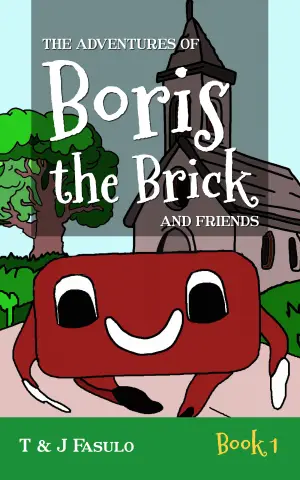
02 May Book Review of The Right to Write: An Invitation and Initiation Into t…
A Journey into the Heart of Writing: A Review of The Right to Write by Julia Cameron
Have you ever picked up a book that felt like a conversation with an old friend? That’s precisely how I felt reading The Right to Write: An Invitation and Initiation Into the Writing Life by Julia Cameron. As someone who often wrestles with the nebulous nature of creativity and writing, Cameron’s gentle yet powerful affirmations about writing for joy struck a chord within me. This isn’t just a "how-to" book; it’s a heartfelt reminder of "why" we should all embrace writing as an essential part of our lives.
Cameron deftly navigates the core of the writing experience, encouraging us to shed the rigid constraints of perfectionism. She invites us to discover writing as an act of listening—a way to engage intimately with our thoughts and the world around us. The notion that "writing goes much better when we don’t work at it so much" resonates deeply. I found this especially refreshing; most would agree that writing often feels like a daunting military operation, with sentences organized like well-behaved soldiers. Yet, Cameron suggests a softer approach, one where writing can feel as cozy as a favorite pair of pajamas. This metaphor beautifully encapsulates the liberation inherent in writing for pleasure rather than obligation.
Throughout the book, Cameron emphasizes the importance of writing as a means of connection—not just with ourselves but also with others. The act of writing acts as an inner compass, guiding us through emotions, memories, and introspections. "Not writing is the lonely thing," she asserts, and it’s hard not to reflect on the solitude that can accompany those blank pages. Each paragraph acts as a gentle nudge to keep writing, to keep exploring, and to remain curious about our inner landscapes.
Her rejection of the term ‘discipline’ in favor of ‘commitment’ is particularly impactful. This shift feels much more like an invitation than a mandate—an opportunity to engage with writing as a friend rather than a taskmaster. I found myself pondering how often I’ve felt chained to an ideal of productivity rather than welcoming writing as a part of my life’s fabric. Cameron’s perspective shifts this dynamic, making the writing journey a more celebratory and relaxed affair.
The writing itself is charming and accessible, with a rhythm that feels like a gentle conversation. Cameron’s style allows for moments of reflection, urging readers to pause and consider their own experiences with words. The memorable quote, “Thou art truly human. To be truly human, we all have the right to make art,” encapsulates the essence of this book: that creativity is not just a privilege but a fundamental aspect of our humanity.
I would recommend The Right to Write to anyone seeking to renew their love for writing or even those hesitant to write at all. It’s a book for the restless soul, the artist who feels stifled, and for every person who wishes to rediscover the joy of putting pen to paper. Cameron’s work offers profound insights not only into writing but into living fully and authentically.
In closing, I left this book feeling recharged and more connected to my own creative spirit. Cameron’s invitation to write for the sheer joy of it is one I plan to embrace wholeheartedly. After all, writing isn’t just an act; it’s a celebration of our experiences and humanity. So, what are you waiting for? Grab a pen, and let the words flow.
Discover more about The Right to Write: An Invitation and Initiation Into t… on GoodReads >>









